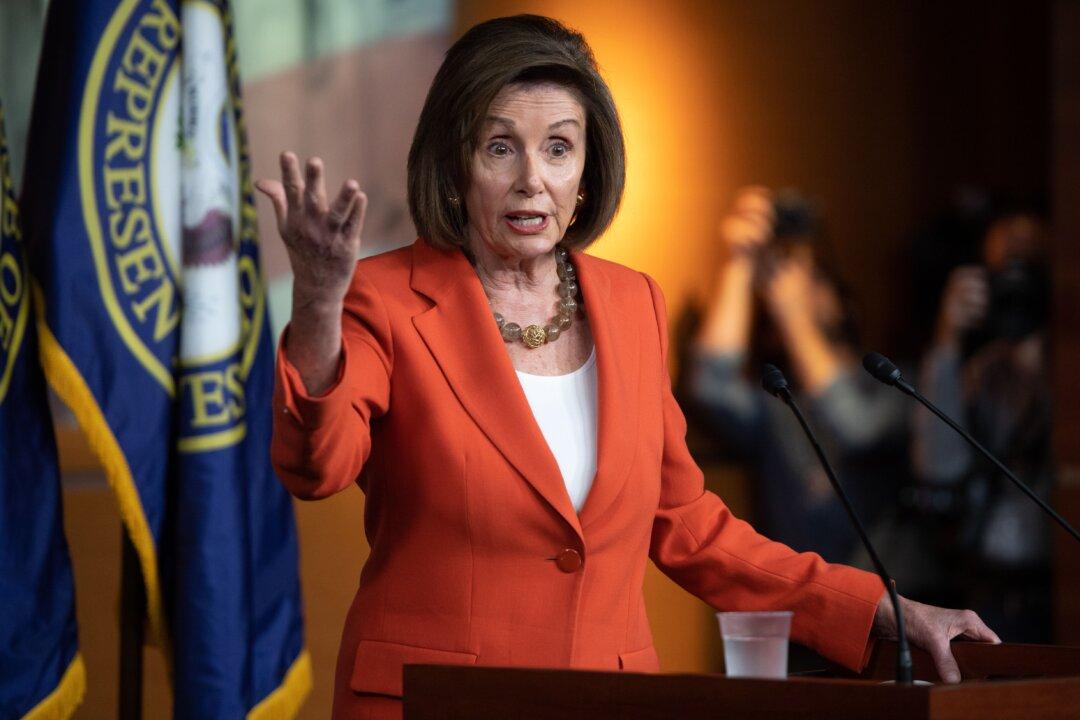WASHINGTON—House Speaker Nancy Pelosi (D-Calif.) said Oct. 31 that the impeachment investigation against President Donald Trump would not disrupt the approval of the new free trade agreement with Canada and Mexico, the fate of which is still uncertain in Congress.
The House voted on Oct. 31 to pass a resolution laying out the next steps in the impeachment investigation, which raised questions about whether the growing partisan rancor would derail a congressional vote on the United States–Mexico–Canada Agreement (USMCA).





